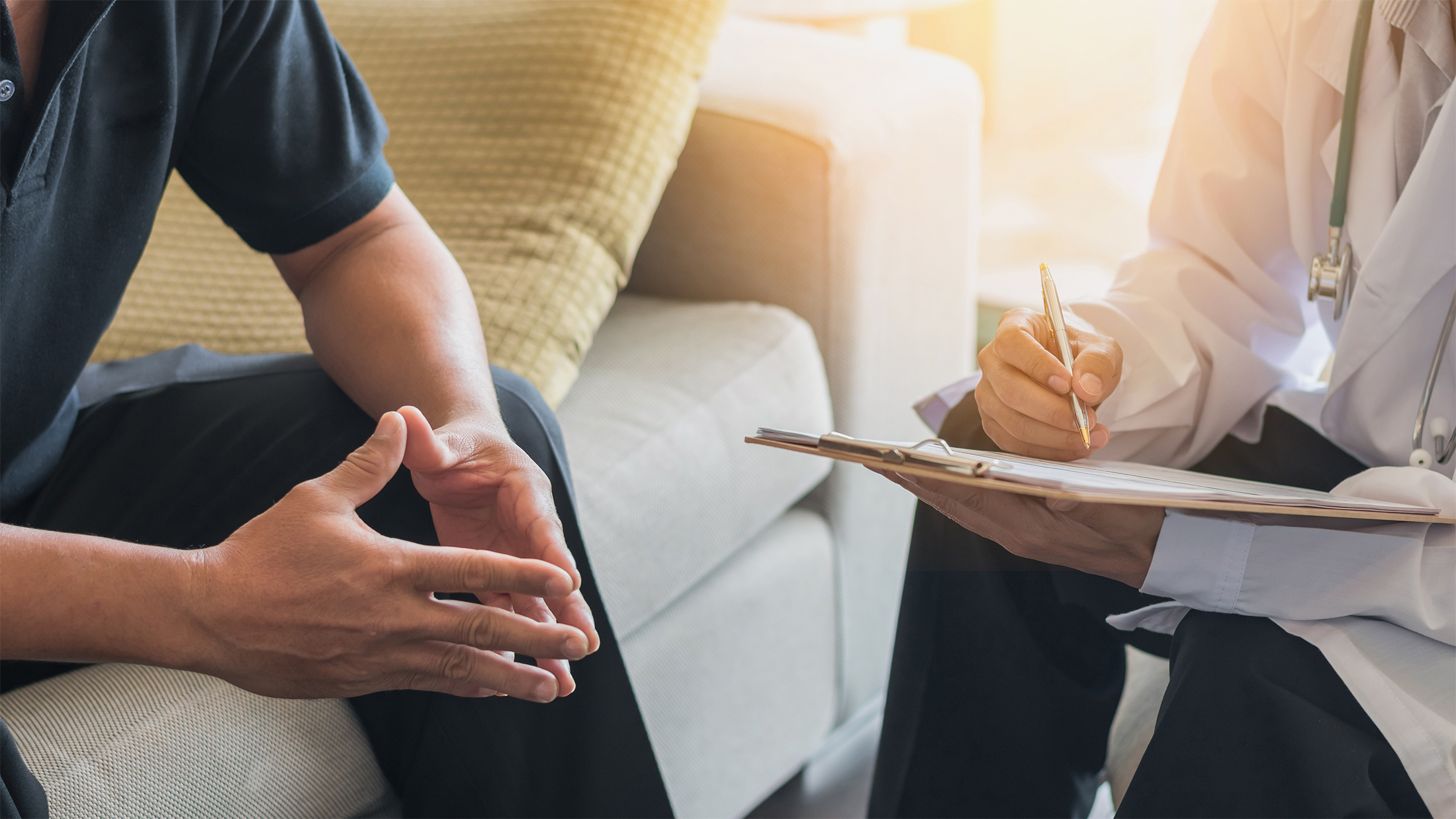
Started in 2003, Project ECHO (Extension for Community Healthcare Outcomes) combines primary and specialty care, linking “expert specialty teams” from an academic hub with primary care physicians (PCPs) in local, often rural, communities. This distance education model enables specialists to train and mentor PCPs to care for patients with complex health conditions. The healthcare providers “meet” via video conferencing or teleECHO™ programs, where doctors in remote settings confer with specialists in academic settings about patient care. A formal teleconference between the specialist team and the PCP occurs on a weekly basis, but all of the specialists are required to commit to helping the PCPs outside of the formal meetings.
In 2005, Project ECHO expanded to address the needs of those suffering from substance use disorders (SUDs) and other behavioral health disorders in remote jurisdictions. It offers a weekly, two-hour, Integrated Addictions and Psychiatry (IAP) TeleECHO Clinic, founded by Miriam Komaromy, MD, and focuses on treating patients with SUDs by PCPs, with a particular focus on Opioid Use Disorders (OUDs) and behavioral health disorders. The teleECHO clinic uses addiction specialists, psychiatrists, clinical social workers, psychiatric nurses or nurse specialists, and community health workers as presenters in the weekly, two-hour course. The topics covered in the course include: (1) an Introduction to OUD; (2) Risk reduction and safe use of opioids; (3) Adverse childhood events (ACEs) and addiction; (4) Evidence-based screening and screening and brief intervention techniques (SBIRT); (5) Medication-assisted treatment for OUD; (6) Co-occurring physical and mental health disorders; and (7) the care of adolescents who have OUD.
In the weekly course, after the presentations, cases that have been submitted by attendees in advance are discussed. Typically, the participant who submitted the case provides an oral case presentation, with de-identified data. Subsequently, the group discusses the case and arrives at recommendations which are summarized, written, and transmitted to the participant. Depending on the complexity of the case, discussions can last over 30 minutes. Continuing education credit is offered for the clinic, which is free of charge. The IAP TeleECHO program provides participants with instructions on how to join the teleECHO clinic via the video software platform, Zoom.
Through the use of case-based learning, the clinic teaches PCPs across New Mexico how to treat those with SUD and expand patient access to doctors who can prescribe buprenorphine after having obtained Drug Addiction Treatment Act of 2000 (DATA 2000) waivers. The teleECHO clinic recruits doctors for its eight-hour, certified DATA 200 waiver training. As a result of this clinic, studies have found a significant increase in the number of waivered physicians who practice in underserved areas in the state. Dr. Komaromy calls Project ECHO a “force multiplier” in helping to address the opioid crisis.
Funding for the IAP TeleECHO Clinic is provided by the New Mexico State Legislature and grants from various foundations.
Other jurisdictions have replicated Project ECHO. Of specific note is the State of Montana which, in 2016, launched its first Montana-based Project ECHO hub in collaboration with the University of Montana. For more information on Project ECHO and how to “attend” the teleECHO clinic, go to https://echo.unm.edu/about-echo/. Those who are curious about MAT, and would like more information, can go to https://echo.unm.edu/teleecho-programs/mat.




